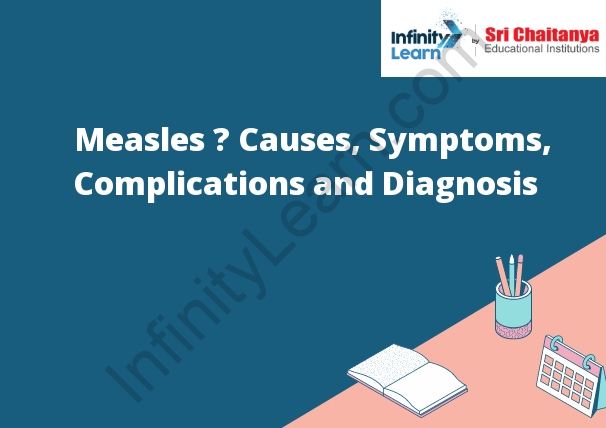Table of Contents
Introduction About What is Measles
Measles is a highly contagious viral disease that is spread through the air. It is caused by the measles virus, which belongs to the family of viruses that includes the viruses that cause chickenpox and rubella (German measles).
Measles is a serious disease that can lead to pneumonia, encephalitis (swelling of the brain), and even death. It is most common in young children, but can occur in people of any age. There is no specific treatment for measles, but it can be prevented by getting vaccinated.

Causes of Measles
The measles virus is a highly contagious virus that is spread through the air. It causes a rash, fever, and coughing. It can also cause serious complications, such as pneumonia. The measles virus is most commonly spread through coughing and sneezing. It can also be spread through contact with saliva or mucus. It can be spread to others up to four days before the rash appears and up to four days after the rash appears.
Symptoms of Measles
The early symptoms of measles are a high fever, a runny nose, a cough, and red, watery eyes. A few days after these symptoms begin, a rash breaks out. The rash starts on the face and spreads to the rest of the body.
Complications of Diabetes Mellitus
There are many possible complications associated with diabetes mellitus, including:
- Cardiovascular disease: People with diabetes are at a higher risk for heart disease and stroke.
- Nephropathy: Diabetes can damage the kidneys, leading to kidney failure.
- Retinopathy: Diabetes can damage the eyes, leading to blindness.
- Neuropathy: Diabetes can damage the nerves, leading to pain and numbness in the feet and hands.
- Gastropathy: Diabetes can damage the stomach, leading to nausea, vomiting, and abdominal pain.
- Hematuria: Diabetes can damage the kidneys, leading to blood in the urine.
- Endocrinopathy: Diabetes can damage the pancreas, leading to problems with insulin production and blood sugar regulation.
Diagnosis of a fracture
A fracture is a break in the continuity of a bone. It is often diagnosed with an x-ray.
Treatment for Measles
There is no specific treatment for measles. However, the disease can be prevented through vaccination. Treatment focuses on relieving symptoms and includes rest, fluids, and antipyretics (such as ibuprofen or acetaminophen) to reduce fever.
Prevention of Measles
Measles is a highly contagious virus that affects the respiratory system. It is spread through coughing and sneezing and can survive in the air for up to two hours. The virus is most commonly spread through contact with saliva, mucus, or blood of an infected person.
It can also be spread through contact with objects or surfaces that have been contaminated with the virus. Measles is most commonly found in developing countries where vaccination rates are low. The best way to prevent measles is to receive the measles, mumps, and rubella (MMR) vaccine.









